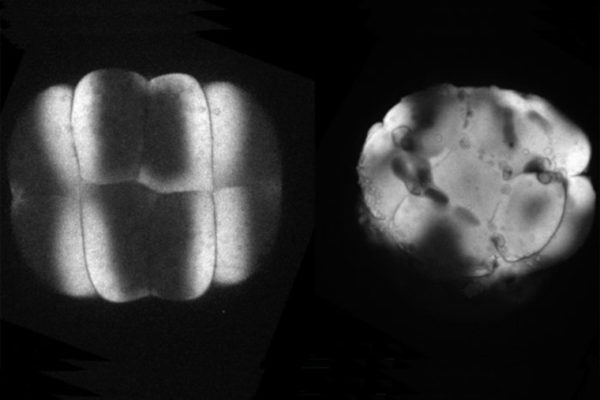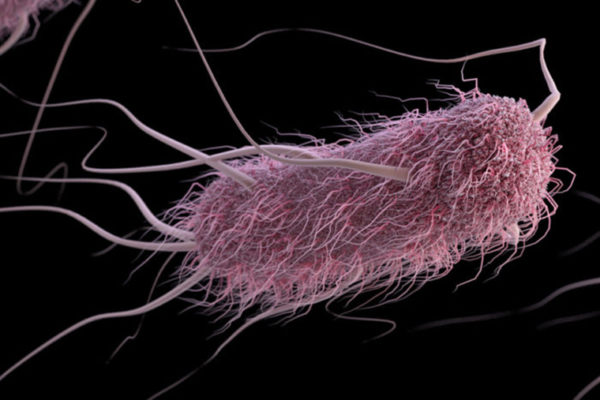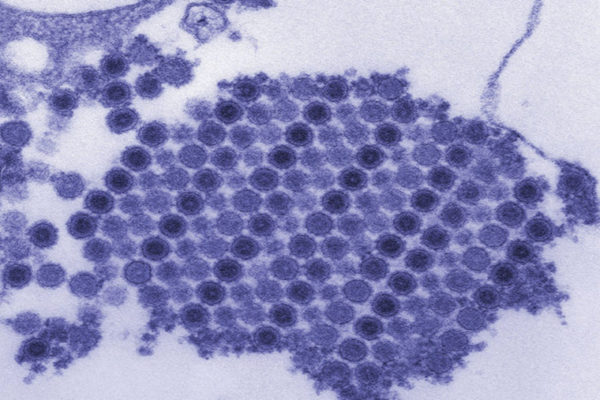Graduate student speaker Donald Gerke’s address to the Class of 2018
Read the text of graduate student speaker Donald Gerke’s prepared remarks to the Class of 2018. Gerke received a doctorate from the Brown School.
Slaughter calls for an American renewal
In a stirring speech to the Class of 2018, Anne-Marie Slaughter urged the graduates to be part of a great “American Renewal.”
Anne-Marie Slaughter’s 2018 Commencement address at Washington University in St. Louis
Anne-Marie Slaughter, a renowned foreign policy expert, scholar and former top State Department official, delivered the address at Washington University in St. Louis’ 157th Commencement ceremony. Read her remarks about American renewal delivered to the Class of 2018 on Friday, May 18, in Brookings Quadrangle on the Danforth Campus.
Revealing the mysteries of early development
Zebrafish embryos are transparent and develop outside the mother’s body, giving scientists a detailed view of early development. A research team led by Lila Solnica-Krezel, of the School of Medicine, is revealing new clues to how birth defects develop.
Commencement: time to celebrate the Class of 2018
As the more than 3,100 undergraduate, graduate and professional degree candidates at Washington University in St. Louis are ready to begin a new chapter in their lives, the university will recognize their achievements during its 157th Commencement this morning in Brookings Quadrangle.
Blood type affects severity of diarrhea caused by E. coli
A new study from the School of Medicine shows that a kind of E. coli most associated with “travelers’ diarrhea” and children in underdeveloped areas of the world causes more severe disease in people with blood type A. The findings could lead to a vaccine that could potentially protect people with type A blood against the deadliest effects.
MEDIA ADVISORY: Washington University Commencement is 8:30 a.m. Friday, May 18
Washington University’s 157th Commencement is 8:30 a.m. Friday, May 18, in Brookings Quadrangle. The university will award 3,319 degrees to 3,150 undergraduate, graduate and professional students. The university also will bestow honorary degrees on five individuals, including former St. Louis Mayor Francis Slay and Beyond Housing’s Chris Krehmeyer.
Attending college at the right time, right place
William Feng, senior class president and a degree candidate from Olin Business School, could not have anticipated the changes this nation, city and campus would undergo in the past four years. But he’s glad he was here to see it. Feng will address thousands of classmates, faculty and family members Friday, May 18, at Washington University in St. Louis’ 157th Commencement.
Finding strength in challenging times
Graduate student speaker Donald Gerke’s Commencement speech will focus on the importance of perseverance, finding strength to continue working in challenging times, and the importance of continuing to push for social justice throughout students’ lives.
Why chikungunya, other arthritis-causing viruses target joints
School of Medicine researchers have identified the molecular handle that the chikungunya virus grabs to get inside cells. The findings could lead to ways to prevent or treat disease caused by chikungunya and related viruses.
View More Stories









